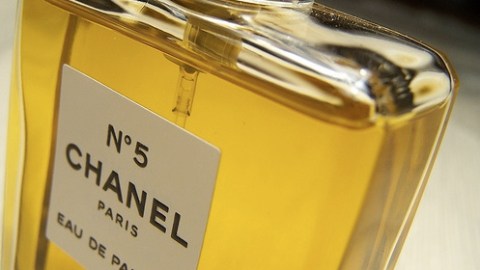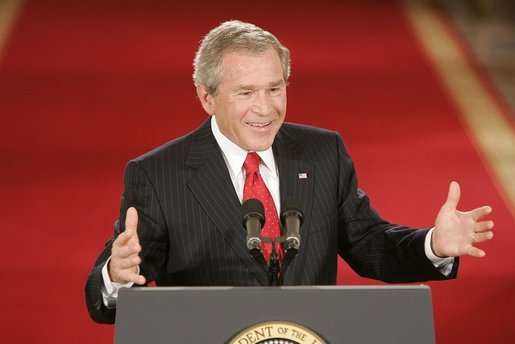Keeping Luxury Offline

It might soon be hard to find a discounted Louis Vuitton bag on eBay, thanks to a ruling made by the European Commission this week.
The new regulations, which come into effect in June, allow brands more control over how and by whom their products can be sold online. At the request of high-end companies like LVMH (Moet Hennessey Louis Vuitton), retailers can bar online distributors from selling their products if they don’t have accompanying physical stores where the goods can be “touched, smelled, tried, etc.” This means eBay and Amazon.
At first take, it seems pretty bonkers that high-end retailers (who’ve been struggling financially of late) would try to limit the distribution of their products. It’s also strange that the EU would take the side of the retailers in this battle against online distribution in spite of their newfound and outspoken support of e-commerce.
The Financial Times has done the best job of clarifying the confounding ins and outs of the ruling in this article, explaining that the pilfering of luxury brand names and images by e-retailers undermines the very, very expensive marketing done by the brands themselves. From a genuinely European viewpoint, unregulated online distribution of discounted or knock-off luxury products dilutes and cheapens the prestige and exclusivity of the brands. If you don’t have the time and money to admire luxury craftsmanship in an actual store, you shouldn’t be trying to sport that Hermès bag, anyway, it seems.
The ruling did throw online-only distributors like eBay a few bones by promising a number of upgraded safeguards to foster other aspects of e-commerce, freeing up some blockages in the flow of goods between manufacturers and resellers and making sure that producers of “everyday goods” don’t abuse the new ruling by restricting broader online access to their products.





